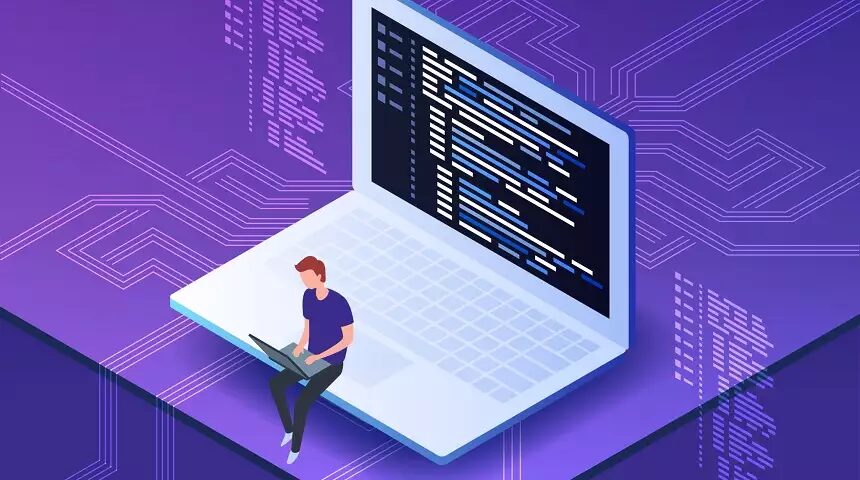In the ever-evolving world of computer programming, embarking on programming projects is a crucial step for turning theoretical knowledge into practical expertise. Whether you’re new to coding or looking to refine your skills, engaging in programming projects can accelerate your journey from basics to brilliance. This guide will explore how to leverage programming projects to enhance your coding proficiency and provide insights into the resources and strategies that can support your growth.

1. Start with Fundamental Programming Lessons
Before diving into complex projects, it’s essential to build a strong foundation. Programming lessons offer the basic knowledge needed to understand the core principles of coding. These lessons often cover fundamental concepts such as variables, loops, and functions. By mastering these basics, you’ll be better prepared to tackle more advanced challenges. Utilizing online coding tutorials and participating in coding workshops can greatly aid in grasping these foundational concepts.
2. Engage in Coding Exercises to Strengthen Skills
Once you have a grasp of the basics, engaging in coding exercises is an effective way to practice and solidify your skills. These exercises provide hands-on experience with coding problems and help you apply what you’ve learned in real-world scenarios. Platforms offering coding challenges and exercises can be particularly useful. Regular practice through these exercises helps you become more comfortable with various programming languages and techniques.
3. Explore Various Types of Programming Projects
Programming projects come in many shapes and sizes, ranging from simple applications to complex systems. Here are a few types to consider:
- Front-end development projects: These involve creating user interfaces and web applications. Building websites, interactive forms, and responsive designs are great ways to apply your knowledge of HTML, CSS, and JavaScript.
- Back-end development projects: These focus on server-side logic and database management. Developing APIs, managing databases, and implementing server-side functionalities are key aspects of back-end projects.
- Full-stack development projects: Combining both front-end and back-end skills, full-stack projects involve building complete applications. This type of project allows you to work on both the client and server sides, giving you a comprehensive understanding of application development.
4. Utilize Coding Workshops for Advanced Learning
Coding workshops are an excellent resource for those looking to dive deeper into programming projects. These workshops often provide structured learning environments where you can work on complex projects under the guidance of experienced instructors. Workshops may focus on specific areas such as software engineering or advanced data structures, providing targeted knowledge that can be applied to real-world projects.
5. Leverage Online Coding Tutorials and Coding Challenges
Online coding tutorials and coding challenges are valuable resources for continuing your learning journey. Tutorials can guide you through the process of building various types of projects, offering step-by-step instructions and practical examples. Coding challenges, on the other hand, present problems that require creative solutions and can help you develop critical thinking skills. Both resources are instrumental in enhancing your coding abilities and preparing you for more complex programming tasks.
6. Incorporate Algorithms and Data Structures
A solid understanding of algorithms and data structures is crucial for solving complex programming problems efficiently. Incorporating these concepts into your projects can significantly improve performance and optimization. Many online resources and algorithms courses are available to help you learn these essential skills. Applying algorithms and data structures in your projects will enhance your problem-solving capabilities and provide a deeper understanding of how to manage data effectively.
7. Reflect and Iterate on Your Projects
As you work on various programming projects, it’s important to reflect on your progress and continuously iterate on your work. Reviewing your code, seeking feedback from peers, and identifying areas for improvement can help you refine your skills. Iteration allows you to learn from mistakes and build upon your successes, leading to more polished and effective projects.

Embarking on programming projects is a vital component of the journey from coding basics to brilliance. By engaging in programming projects, participating in coding workshops, and utilizing online coding tutorials, you can enhance your skills and gain valuable experience. Incorporating coding exercises, exploring different types of projects, and understanding data structures and algorithms will further refine your abilities. Embrace the challenge of coding projects and continue to evolve as a programmer through persistent learning and practice.




